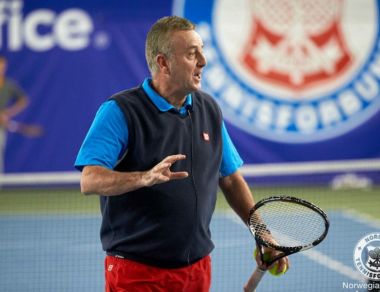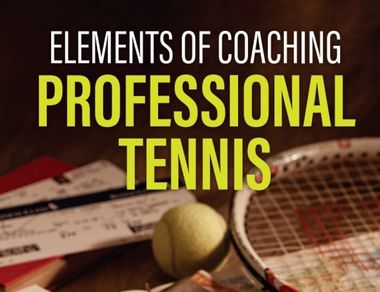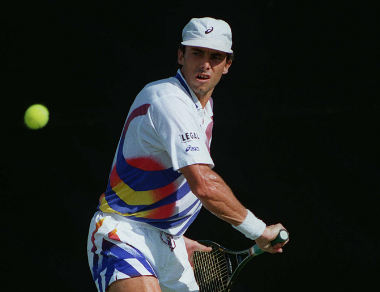Frances had just won a prestigious 14U match and was very happy with himself. The Adidas representative had just given a large quantity of free shoes and clothes for this rising junior star. Vesa Ponkka, the director of the tennis center at College Park Maryland, quickly intercepted the shipment of gear from the Adidas representative and kept it away
from Frances.
Ponkka would be distributing the shoes and clothes to Frances slowly and carefully over the coming months. And only when Tiafoe had excellent training sessions and with a positive and appreciative attitude.
Ponkka always had a great instincts at knowing what to do to get younger players to become hungrier and humble. In the meantime, Tiafoe’s tennis coach, Frank Salazar, was not happy with Frances’ mental performance on the court that week as he scolded Frances for making so many careless mental mistakes while leading in sets and matches. Although Francis had won the match, Salazar believed Frances did not compete at the level he needed to, nor was his attitude one of gratitude for his chances to compete in such a good event. Both Ponkka and Salazar directed Frances Tiafoe right back to the outside court where they had a very good 17-year-old player prepared to deal young Frances a quick loss to bring him back down to earth. Salazar said, “If the player has the right mentality and focus when he wins, the coach should let him sit on the win for a while and absorb the confidence; however, if he does not, a good coach makes sure that the player gets beaten and is immediately brought back to reality.”
When the player loses with the right mindset, you put him on the court in order to turn bad pain into good pain; whereas, if the player has a bad attitude about a loss, you make him sit on it for a few days and suffer through the pain to learn the lessons. These messages and many more that came from Ponkka and Salazar would be the foundation of creating a competitor and a champion.



